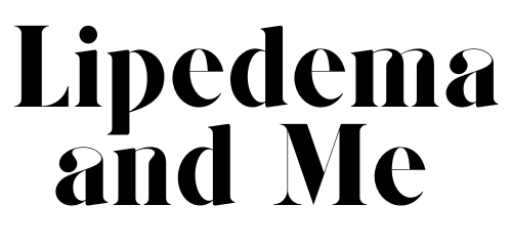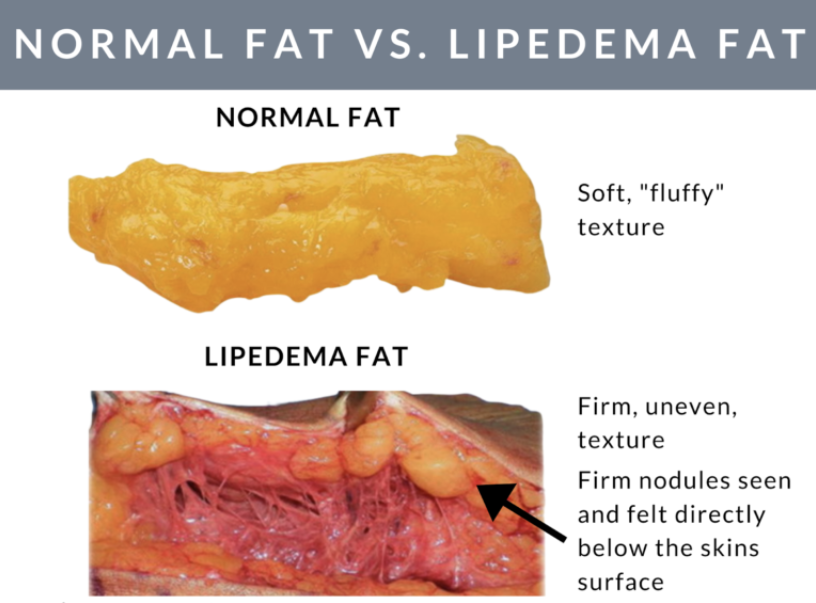Medically reviewed by Dr. Marwan Khalifeh.
If you’re grappling with the question, “Does Lipedema go away with weight loss?”, you’re not alone. Lipedema, often misunderstood and misdiagnosed, affects so many women across the world. Recent studies have indicated that approximately 11% of the female population suffer from the condition in some shape or form. Understanding the complex relationship between Lipedema and weight loss can empower us sufferers to manage our Lipedema symptoms more effectively.
What is Lipedema?
Lipedema is a chronic condition characterised by an abnormal accumulation of fat in the lower body and sometimes arms. This constitution of Lipedema fat is different from ‘typical’ fat. It is often painful, can bruise easily and does not respond well to conventional healthy eating or exercise regimes. Lipedema tends to develop during pregnancy, puberty or other hormonal shifts, suggesting a hormonal component to its onset.
The Impact of Weight Loss on Lipedema
Weight loss is commonly advised for overall health and can benefit the cardiovascular system, reduce the risk of diabetes, and improve mobility. However, when it comes to Lipedema, the situation is a bit more complex.
- Fat Reduction: Conventional weight loss strategies may reduce the size of ‘normal’ fat cells but have less of an effect on Lipedema tissue. These cells are notoriously resistant to being metabolised through diet and exercise alone.
- Symptom Management: While losing weight might not effectively eliminate Lipedema fat directly, it can lessen the load on the lymphatic system and reduce overall inflammation. This might lead to decreased pain and improved mobility for some women. GLP-1 related medications can also be helpful to some patients in alleviating symptoms and halting the progression of the disease.
- Body Composition: Some women with Lipedema may also suffer from obesity. In these cases, losing non-Lipedema fat can improve overall health but won’t necessarily alter the Lipedema fat itself.
Treatment Options Beyond Weight Loss
Since Lipedema fat does not typically respond well to diet and exercise alone, other treatment strategies that can also help are:
- Compression Therapy: Wearing Lipedema compression garments can help manage swelling and pain associated with Lipedema.
- Manual Lymphatic Drainage: This gentle form of massage can promote the movement of lymph fluids around blocked areas.
- Surgical Options: In certain cases, liposuction specifically designed for Lipedema can remove painful fat cells. If you are sure this is the right route for you, have a look at our Lipedema surgeon directory.
- Nutritional Support: Emphasising a balanced diet rich in anti-inflammatory foods may help manage symptoms. If you’re struggling for meal ideas have a look a my Easy 7 Day Lipedema Diet Plan.
So, Does Lipedema Go Away with Weight Loss?
Lipedema is a lifelong condition that does not simply disappear with weight loss. However, managing overall body weight can help alleviate some symptoms and improve quality of life. It’s crucial to work with healthcare professionals who understand Lipedema to create a tailored approach that addresses both the physical and emotional challenges of the condition. If you’re looking for a Lipedema diagnosis make sure find someone that specialises in the condition. Our Lipedema specialist directory features surgeons and specialists from all over the world.
Understanding your body’s needs and how it responds to different treatments is essential. Each Lipedema journey is unique, and what works for one person might not work for another. Therefore, a personalised approach, often incorporating multiple strategies, is the most effective way to manage Lipedema. Always remember, this journey is hard but you are not alone.
Disclaimer: This article has been medically reviewed by Dr. Marwan Khalifeh to ensure accuracy. However, it is provided for informational purposes only and should not replace in-person medical advice. Always consult your doctor or a qualified specialist for diagnosis and treatment.



